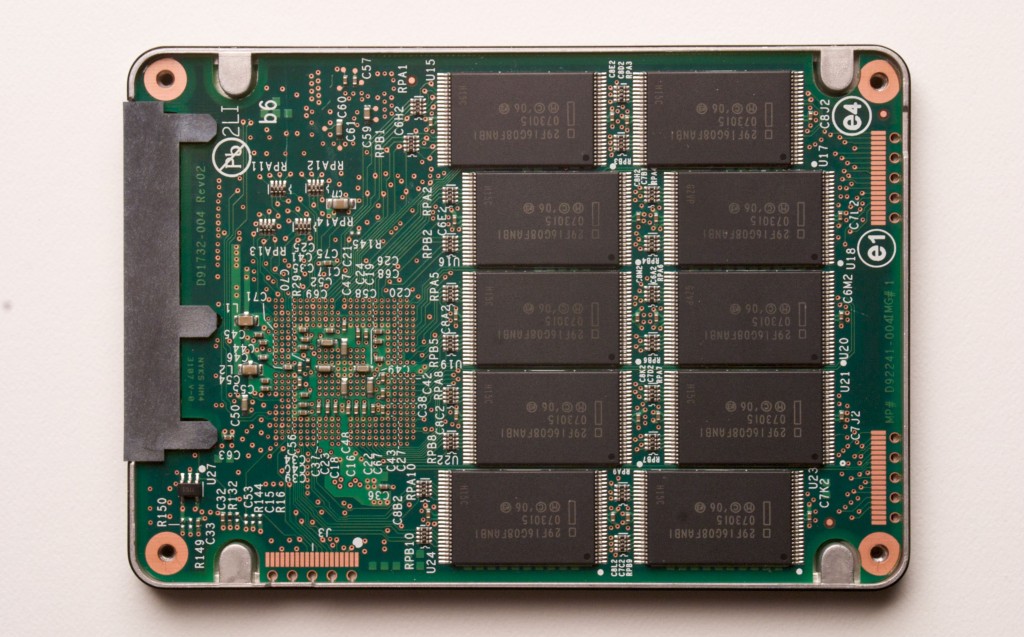Much has been made of the fact that the worldwide shortage of semiconductor chips has been a big blow to production across all sorts of industries, and caused major supply chain issues. Apparently the number of people who are waiting to be able to buy new vehicles is staggering, and there are plenty of high-tech devices that aren’t available to consumers in the volume they need to be because the manufacturers simply can’t get the chips they need. Currently the majority of the world’s semiconductor chips are made in Taiwan, and there geopolitical concerns about the stability of that industry there long term.
Speaking of long term, one of the biggest concerns about any type of long-term shortage while there is a lack of domestic in-country production in the USA is related IoT (Internet of Things) ready-devices. The way this technology was earmarked for big-time advances in healthcare and other type of societal needs was very considerable, and the risk is that those changes might not roll out as quickly as needed along with the widespread adoption of 5G network usage. Of course there are other interests too, but long story short there are simply not enough semiconductor chips being produced.
This is something beyond the immediate scope for any web hosting provider in Canada, but like most those of us here at 4GoodHosting we are attuned to major advances in the digital world, so this type of news story where semiconductor chip production here in North America is about to potentially get a big boost is newsworthy. So let’s use this week’s entry to look much deeper into this development with our US neighbours.
1 Step Closer
The CHIPS Act looks like it has the number of votes needed to pass the Senate and move on to the House of Representatives, and if it gets approval a massive investment into building a strong domestic industry for semiconductor chip production is about to get started. By encouraging US-based production it is thought that there will be all of the collective expertise needed already in the country and that becoming a leader in world semiconductor chip production shouldn’t take long.
Further, it is believed that other countries where consumer electronic devices are made are keen to say new big-league player enter the game when it is a country that plenty of clout already and should be a stable source of the chips without the kind of instability that some will see with Taiwan and others.
This new bill will then provide around $52 billion in incentives to semiconductor manufacturers to manufacture their chips in the United States. Among those beneficiaries will be Intel, which has been a fervent of the CHIPS Act since its inception. By threatening to scale back a planned Ohio chip plant if the funding doesn't come through, big player Intel is trying to push this through.
Improved Act
Insiders stress here that this version of the CHIPS Act is very different from the initial $250 billion version that the US Senate approved in 2021. Not being approved by the House may have been a good thing, as it has ended up creating its own version of the bill that the GOP rejected over climate and the fact it didn’t involve dancing monkeys. Apparently this is what the Senate believes will be needed for a bill that can make it through both chambers of Congress.
Another concern but one that may not be talked about so much is the fact that there is also concern about any gains made in semiconductor chips in China and other countries in Asia. One US Senator stated her belief that given up even a sight amount control of the semiconductor market to China and Korea (South) could over 3 years mean losses of up to 5 million US jobs and $2 trillion of GDP. That’s something they’ll want to avoid.
This stands to benefit us here in Canada given the nature of our relationship with the States and how our tech industries feed of each other nicely. More domestic semiconductor chip production here in North America can only benefit us.















